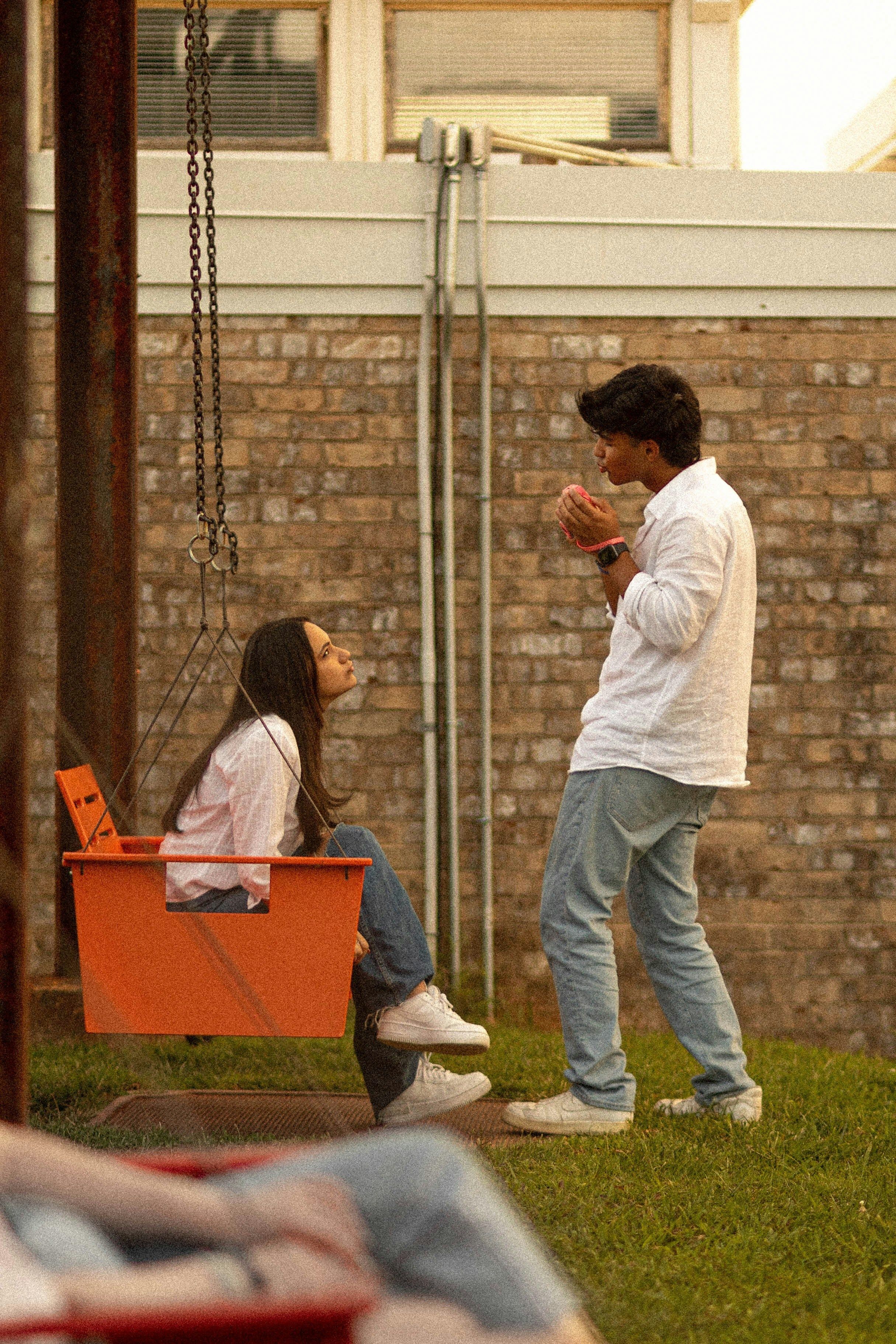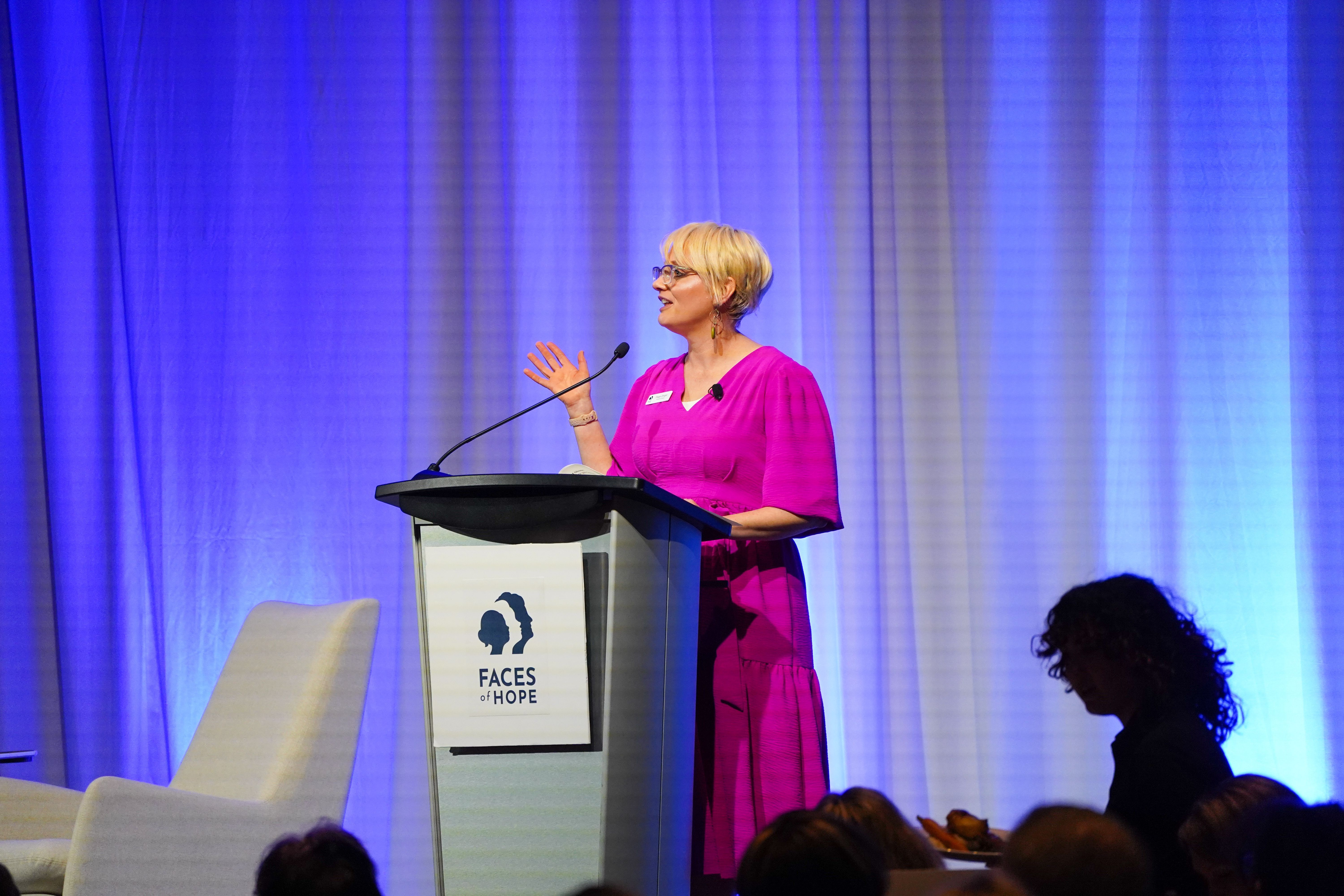
According to LoveisRespect, a national teen dating violence awareness campaign, 1 in 3 teens will experience teen dating violence before adulthood. Teen dating violence can happen in many forms, such as verbal aggression, psychological turmoil, and physical and sexual abuse toward a partner. Teens who are dating are being exposed to their first glimpse of what a romantic relationship should look and feel like. Abusive relationships can majorly affect a teen’s mental health, long-term well-being, and future relationships. Teens exposed to dating violence can experience depression, anxiety, low self-esteem, negative body image challenges, substance use, deterioration in school performance, and unhealthy relationship attachments that can have lifelong effects. Teens, parents and community members can take steps towards reducing teen dating violence in their communities. The Love is Respect 2023 campaign asks everyone to join in the pledge to address teen dating violence through the following actions:
- Share resources and education about teen dating violence, healthy relationships, and boundaries with the teens and parents you work with.
- Engage teens, parents, and community members in conversations about teen dating violence and encourage them to talk about their experiences.
- Identify online harassment and demand accountability within your community.
- Teach parents and teens about safe and healthy online use and digital boundaries.
- Encourage empowerment, teen voice and choice and teen self-care. Teaching teens that they have body autonomy through decision-making and care for themselves is a great way to empower communities.
Here at Faces of Hope, we have been supporting teens through our Teen trauma group for over one year. The Teen Trauma group meets once a week to support teen girls in trauma recovery, education, and coping skills. The participants in group are all survivors of sexual violence. The experience of sexual abuse early in childhood or as a teenager can make it challenging for young teens to identify and participate in healthy relationships. Often in groups, we discuss healthy relationships and boundary-setting skills to encourage healthy attachment in future relationships. One participant recently shared in a group “This group has been so supportive. It is hard enough being a teenager and having relationships, but it is even harder when you have been through trauma or been hurt by someone that was supposed to love you. Having a group of friends that get it, has made it a lot easier.”
If you are working with a teen who identifies as female who has experienced sexual violence, please refer her to the Faces of Hope Teen Group. We meet weekly on Wednesdays.
If you would like more education and information about teen dating violence, including the current Love is Respect campaign and language about how to talk to teens about teen dating violence, we highly recommend exploring loveisrespect.org for more information.



